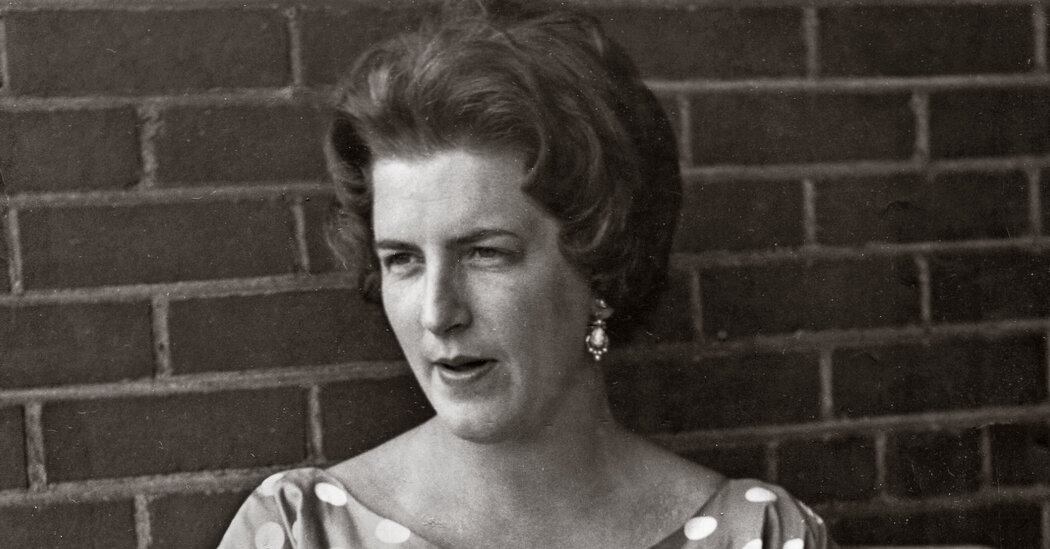A virologist, she worked with the pathologist Anthony Epstein, who died last month, in finding for the first time that a virus that could cause cancer. It’s known as the Epstein-Barr virus.
This article is part of Overlooked, a series of obituaries about remarkable people whose deaths, beginning in 1851, went unreported in The Times.
Yvonne Barr was a 31-year-old research assistant seeking a new challenge when she was hired by a pathologist in London in 1963 to help find the cause of an unusual malignancy: exceptionally large facial tumors in Ugandan children.
The pathologist, Anthony Epstein, was almost certain that the tumors were caused by a virus, but he was struggling to prove his hypothesis.
Barr was by then known for her superior laboratory skills, having worked on the bacterium that causes Hansen’s disease, commonly called leprosy, as well as other projects.
While she had mastered cell culture techniques — essentially promoting the growth of cells under controlled conditions — Epstein was having trouble sustaining the growth of cells in his lab.
“This was a key to the research — propagating cells that can continue to grow and become experimental specimens,” said Gregory J. Morgan, author of “Cancer Virus Hunters: A History of Tumor Virology” (2022). “Yvonne Barr had experience producing and caring for cell cultures before coming to Epstein’s lab in 1963, and perhaps this is why he hired her.”
